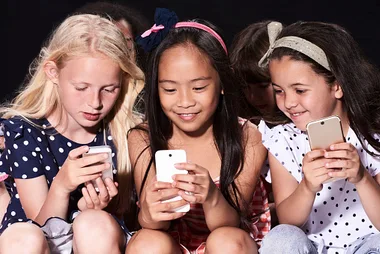While many women know the feeling of an unwanted wolf-whistle from across the street or the fleeting once-over glance from a male colleague before he meets her eye, many don’t realise the potential dangers that come from these exchanges. New research has found that these type of interactions can have negative consequences for women’s emotional well-being.
In the research, conducted by Pursuit and co-published with The Conversation, women were asked to record any incidents of sexual objectification on a smartphone app, alongside rating their feelings several times each day for a week. When women experienced sexual objectification, in many cases it led them to scrutinise their physical appearance, which negatively impacted their emotional well-being.

In the study, 268 women aged 18 to 46 in Melbourne and St Louis were asked to install an app on their smartphones. Several times each day, the app prompted them to rate their emotions, how preoccupied they were with their physical appearance and whether they had recently been targeted by sexually objectifying behaviour – or had witnessed such treatment of other women.
More than 65 per cent of women in the study were personally targeted by sexually objectifying behaviour at least once during the monitoring period. Consistent with previous studies, the women reported becoming preoccupied with their appearance about 40 per cent more when they had been recently targeted, compared to when they had not.
“It’s important to note that in our results, experiencing sexual objectification on its own didn’t directly lead to increases in women’s negative feelings,” The Conversation’s research reads. “Rather, the harmful effects of sexual objectification occurred when it resulted in women objectifying themselves.”
Read the full results here.










